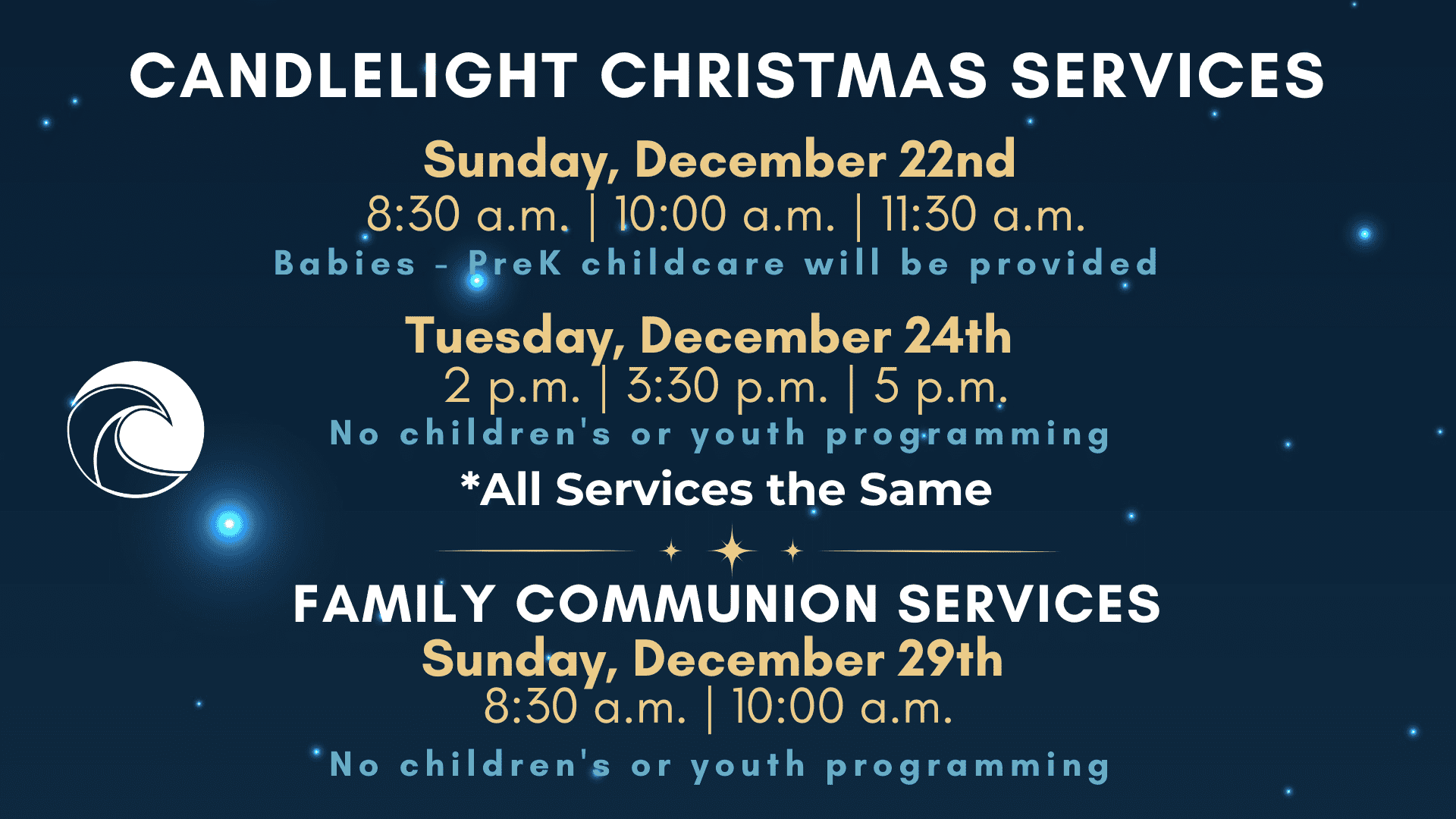Catalyst 3
Throughout Scripture, God uses ordinary people to spark extraordinary change. In this four-week series, we’ll explore the stories of individuals whose courage and obedience set powerful movements of God into motion—from midwives who defi ed Pharaoh, to a brave woman in Jericho, a wise counselor in Persia, and a young king who revived a nation. Their actions didn’t just make a difference in their moment—they became the catalyst for something far greater. Discover how God might use your life to ignite change in the world around you.

